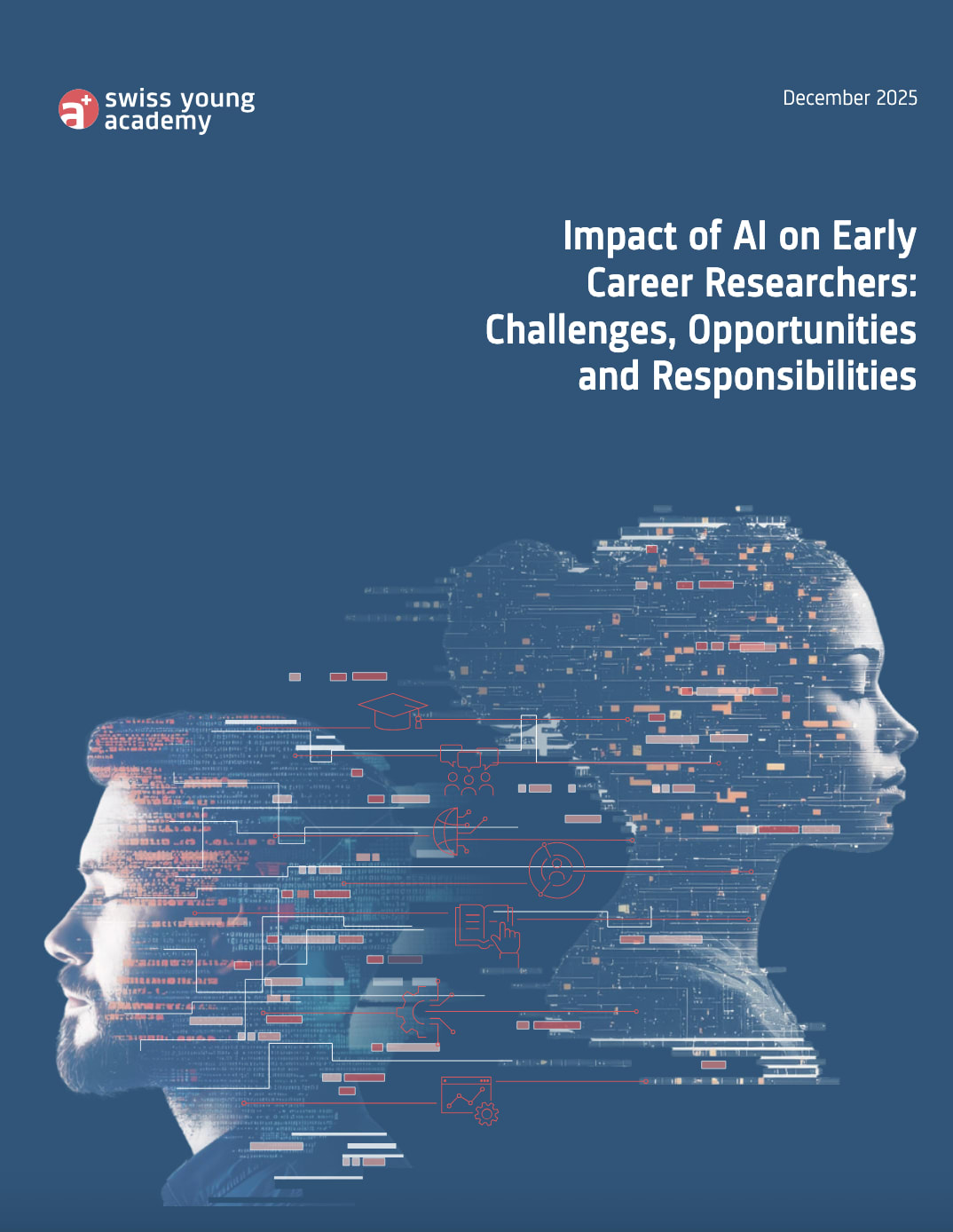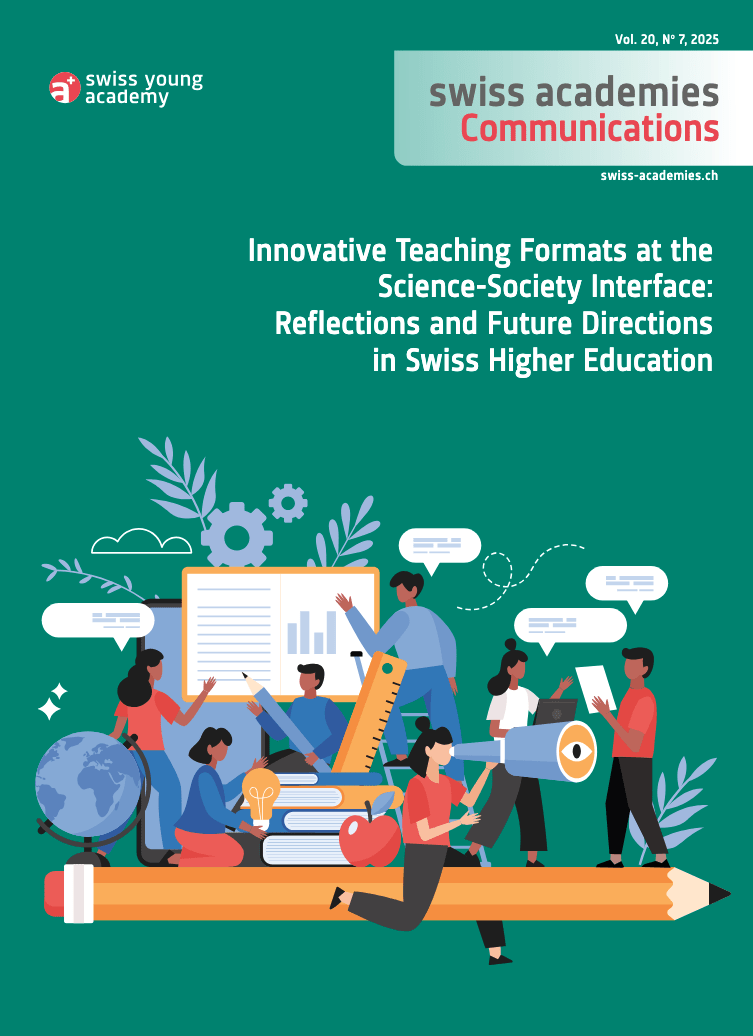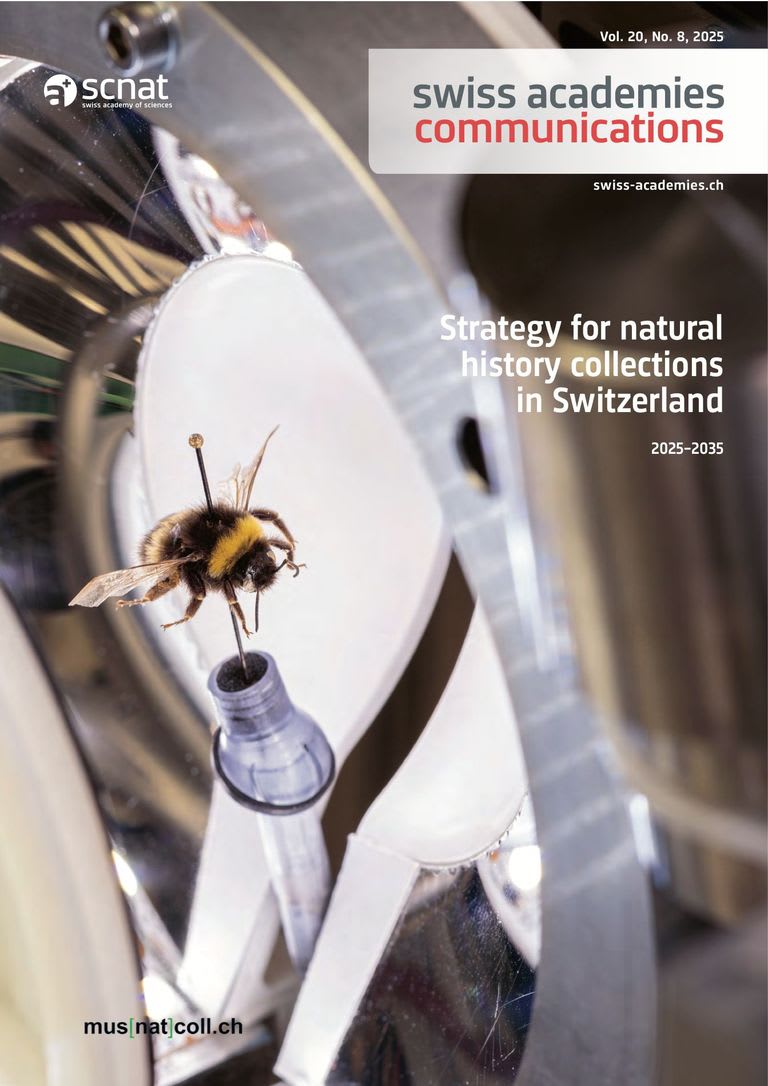Swiss Academy of Humanities and Social Sciences SAHS
Recommendations for the acquisition of basic knowledge of the Latin language
SWISS ACADEMIES REPORTS, VOL. 12, NO 1, 2017
In 2014 the Swiss Academies of Humanities and Social Sciences (SAHS) presented recommendations on the offer and acquisition of Latin language competences at Swiss universities. It concluded that the implementation of the recommendations could best be achieved by defining minimal competences that the students should have after the completion of a basic course in Latin. Therefore, a task force was assigned to develop the present report.The general aim of this competence framework is to provide recommendations for basic competences and knowledge of Latin grammar and of text comprehension, which should be part of Latin language teaching at universities.
Schweizerische Akademie der Geistes- und Sozialwissenschaften (2017) Empfehlungen für den Erwerb von Grundkompetenzen in der lateinischen Sprache | Recommandations pour l’acquisition de compétences linguistiques de base en latin. Swiss Academies Reports 12 (1).




